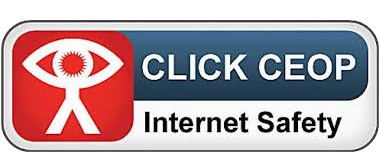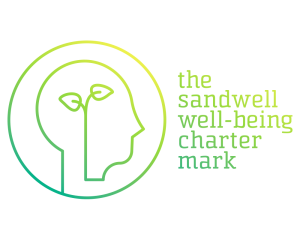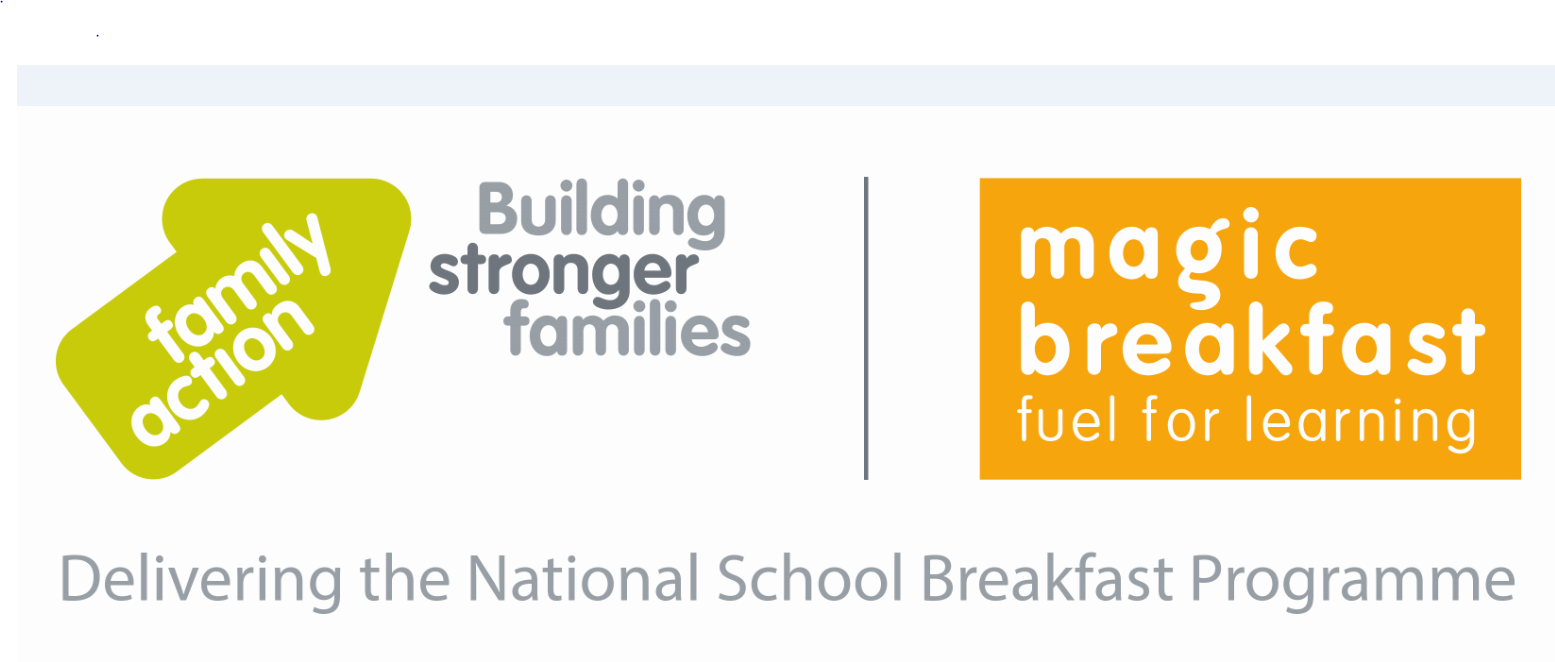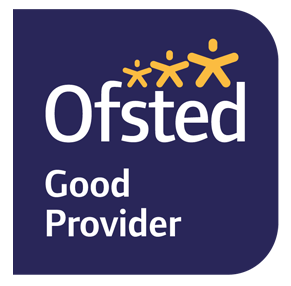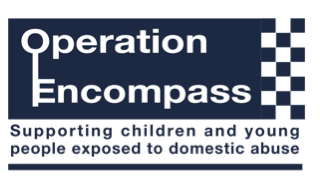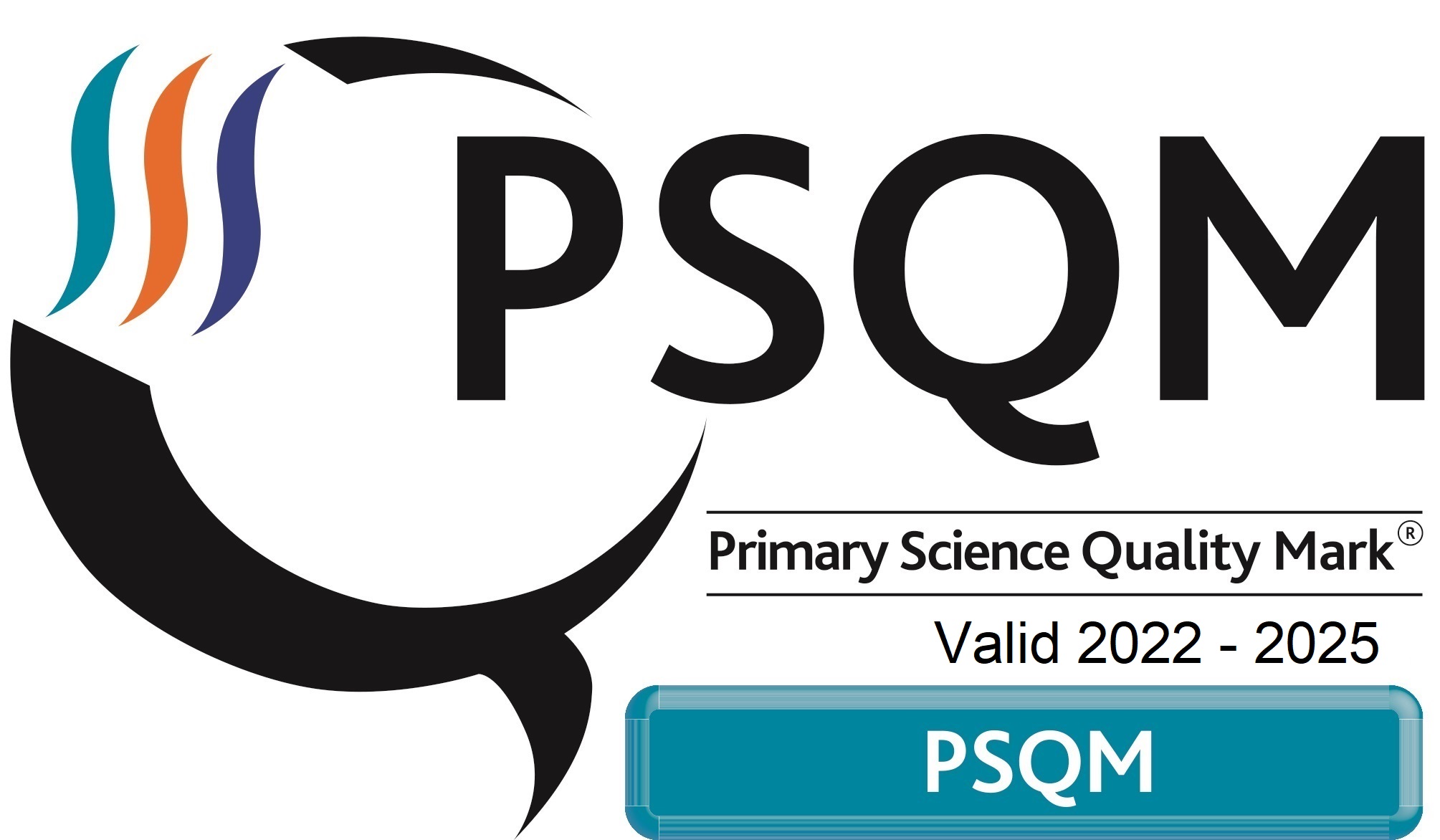Other Subjects
History
Within History at St James, we aim to ignite children’s curiosity about the past in Britain and the wider world. We strive for our history provision to be more than just a subject of memorising dates and events for our children and instead foster fascination and compassion about how and why the world, our country, culture and local community have developed over time and how the past influences the present. We aim to enable children to develop a context for their growing sense of identity and a chronological framework for their knowledge of significant events and people. We strive for our History lessons to be a window to the wider world as well as a mirror which enables all of our children to see themselves represented and celebrated. Everything children learn through history has the power to influence their decisions about personal choices, attitudes and values whilst supporting them to understand the complexity of people’s lives, the process of change, the diversity of societies and relationships between different groups. Ultimately, history tells a story and at St James we are excited for our children to experience a part of that narrative.
Within school, the children are encouraged to engage with a variety of source material in order to develop their skills in historical enquiry skills. They will encounter key concepts such as significance, change, cause and effect. By studying the subject, they will identify how historians lay claims using a range of evidence and that not all interpretations of the same event will agree. The children will learn to understand the reasons why interpretations will differ depending on the context. Questioning is a crucial aspect of historical enquiry; therefore, the children will be encouraged to develop their questions to enhance their understanding and also to provide challenge. Teaching will encompass the history of the wider world, alongside Britain’s past. This will enable the children to further develop their understanding of key British values such as democracy and rule of law, along with other key concepts such as:
- Migration
- Settlement
- Religion/Belief
- Rules/Law
- Democracy
- Parliament
- Invasion/Conquest
- Monarchy
To see our History curriculum overview, click here.
To see our progression documents, click here and here.
To read our History One Page Summary, click here.
Geography
At St James CE Primary School, our geography provision aims to create excitement, creativity, compassion and deep thinking about the world our pupils live in. It also aims to develop an appreciation of the natural world, beyond what our pupils will usually have experienced. The main aim of teaching and learning within geography is to inspire the children with a fascination about the world and its people. Teaching should allow the children to understand and respect the differences between a wide range of people and environments. The children will cover both human and physical geography and the relationship between the two.
A sense of place is an important aspect in many of the topics covered and teaching will ensure that children develop an understanding of where they are within the world and where they are in relation to other places. This knowledge will be deepened by the frequent use of maps where children will develop their map skills throughout school and will include a wider range of maps for different purposes.
A key geographical concept(s) has been assigned to each unit of work. These include:
- Place
- Space
- Scale
- Interconnections
- Cultural awareness
- Environment and environmental impact.
Concepts are important in geography and should underpin each unit. Geography is a content-rich subject and concepts provide an underlying structure. Many topics in geography exemplify the same conceptual understanding, so it is important for learners to understand concepts so that they do not see geography as an accumulation of 'content' and ‘facts’. Students need to acquire concepts in geography so they can relate information and ideas to each other and make sense of them. They also need concepts in order to develop higher order thinking, such as to give explanations and to think abstractly.
Place – describes features, human and physical, what do people do? How does it compare to others?
Space – Where is it? Land use. Types of housing. How can it be mapped?
Scale – How does my view change if I scale in or out? How are places connected at different scales? How do local decisions have global impact?
Each year group will also have one unit dedicated to sustainability. The idea behind this is to empower our pupils and show them that they can make a difference. We face many global issues and it is down to current and future generations to combat these. We need to ensure our children are well informed of such issues and promote qualities such as stewardship and responsibility.
To see our Geography curriculum overview, click here.
To see our progression document, click here.
To see our Geography One Page Profile, click here.
Design and Technology
Design and Technology is an inspiring practical subject. At St James, Design Technology aims to enable pupils to actively contribute to the creativity, culture, wealth and wellbeing of themselves and their community. It teaches children how to take risks and so they become more resourceful, innovative, enterprising and capable. Using imagination and creativity children investigate, design and make products that serve a purpose. Across the curriculum the children will be given opportunities to investigate, assess and analyse existing products, whilst offering ideas about how to adapt them.
Significant figures from the world of Design Technology are promoted to pupils in units to give purpose to the subject and build knowledge of how the world has been moved forward from advances in Design Technology. The key concepts of Design Technology are reflected in each learning journey. The Design Technology process applied to all of our learning journeys enables the pupils to gain a holistic understanding of product design, purpose and critical evaluation to amend and improve outcomes.
To see our DT curriculum overview, click here.
To see our DT progression document, click here.
To read our DT One Page Summary, click here.
Art
In school, our Art provision seeks to open pupils’ minds to what art is and the varied forms it takes. We aim to provide avenues for expression of creative skill, imagination and culture for all our pupils. Art will give pupils the opportunity to reflect and share ideas and opinions on a great many examples of creativity in a solid form.
Pupils are exposed to relevant first hand experiences and artists as a starting point for inspiration and to express opinions and ideas. These are used a a springboard to produce their own creative work. Alongside this, the children will increase their knowledge of great artists, craft-makers and designers. They will research and appreciate artists from a variety of historical periods and also from different cultures. Suitable media is introduced and skills in using it purposefully are developed. Sketch books provide a safe space for expression and development of media use and pupils are actively encouraged to reflect upon ideas and experiences to develop purposeful outcomes.
In later primary years peer evaluation and skills of constructive criticism are developed to enable pupils to further reflect on their development in the key areas of Art.
In each Key Stage, children will practise skills and record their ideas. The children plan and draw in sketchbooks to support their art journeys. There is an emphasis on developing their proficiency in the seven core skills of: line, shape, form, tone, texture, colour and pattern. These are then applied through drawing, painting and sculpture but other art techniques will support these.
To see our Art curriculum overview, click here.
To see our Art progression document, click here.
To read our Art One Page Summary, click here.
Music
Our Music provision aims to develop a firm understanding of what music is as well as developing a curiosity and passion for the subject. It also develops an understanding of the importance of all types of music, and a respect for the role that music may play in any person’s life. It will provide a variety of musical experiences through a curriculum which develops learning and improves confidence and knowledge of key concepts.
In Music, children have experience of composing, performing, listening to and appraising their own and others' contributions. It supports children in developing imagination, the ability to listen/watch attentively and to express thoughts and feelings. Each year group has the opportunity to listen to and perform a range of music genres and instruments are used to support their composition and performance.
School uses Charanga to support the teaching of music which is a recognised scheme of work.The units of learning within this scheme are organised into three stages:
- Listen and Appraise - exposes children to a range of songs within a musical genre
- Musical Activities - helps children to learn and build on knowledge and understanding about the inter-related dimensions of music
- Perform the Song - children perform and show their learning
Other music and performing art opportunities support this and children are given the chance to perform at different points of the year. Children are also offered the opportunity to learn to play a musical instrument. We hope that these opportunities will inspire children to work together, to feel happy about themselves, the environment and the world they live in.
To see our Music Development Plan, click here.
To see our Music curriculum overview, click here.
To read our Music One Page Summary, click here.
Modern Foreign Language
The teaching of a foreign language is a statutory requirement in Key Stage Two and at St James this provision is delivered mainly by class teachers. Spanish has been adopted as the core language across KS2 due to its global relevance, its usefulness in relation to countries pupils may encounter and its suitability as an accessible introduction to language learning at primary level.
To support the delivery of high quality and progressive language lessons, teachers utilise the 'Language Angels' platform. This resource provides structured units of work, interactive materials and clear progression across year groups. Importantly, it also offers differentiated activities, enabling teachers to meet the needs of all learners and ensure appropriate support and challenge. Since its introduction in September, the implementation of Language Angels has been highly successful. Pupil voice indicates strong levels of enjoyment, increased confidence and positive attitudes towards learning Spanish.
The MFL curriculum at St James is designed to foster curiosity, cultural awareness and linguistic confidence. It provides pupils with foundational and transferable language learning skills while developing an appreciation of languages and cultures both within and beyond the school community. Alongside the formal Spanish curriculum, we also aim to expose children to a wider range of languages during our annually celebrated ‘European Day’, which broadens cultural understanding and enriches vocabulary development.
Through their language learning, pupils are taught to:
• understand and respond to spoken and written language;
• speak with increasing confidence, fluency and spontaneity;
• communicate effectively through structured discussion and dialogue;
• apply accurate pronunciation of words and phrases;
• write for a range of purposes and audiences using appropriate grammatical structures.
To see our Spanish curriculum overview, click here.
To see our Spanish progression document, click here.
To read our Spanish One Page Summary, click here.
Physical Education
At St James CE Primary School, we aim to provide a high-quality Physical Education curriculum that inspires all pupils to succeed and excel in competitive sport and other physically demanding activities. Every child should be healthy and active during the school day. They should be taught to improve their physical and mental skills within a variety of sports and games, with opportunities to follow up their interests in after school clubs. Every child should have access to competitive activities and develop their sportsmanship alongside our school values. During our PE lessons, the children are given the chance to improve their confidence, health and fitness. There are also opportunities outside of lessons for children to partake in competitive and non-competitive sporting activities which help develop their character and embed values such as fairness and respect. All children are taught PE by a specialist sports coach but have additional lessons from their teacher, reinforcing the skills learned.
To see our PE curriculum overview, click here
To view our medium term plan, click here.
To see our PE progression document, click here.
To read our PE One Page Summary, click here.
Computing
At St James, Computing is taught using the Purple Mash Scheme of Work. Our computing provision aims to create excitement, curiosity and inclusivity by providing the building blocks and transferable skills to learn a skill in computing and apply it in other areas. It also aims to make pupils become aware of how to be safe online and to be able to complete many tasks using different computer programmes.
There are three clear aspects of the computing curriculum: Computer Science, Information Technology and Digital Literacy. In this ever changing digital world, children are taught a range of skills including how digital systems work and apply this in programming. They will be taught about coding and computational thinking, spreadsheets, internet and email, Art and Design, Music, databases and graphing, writing and presenting and communication and networks.
By the time our pupils leave St James, they will have been given the opportunity to develop their knowledge and understanding in each of these key areas across the school, ensuring a solid grounding for future learning and beyond.
For the computing curriculum overview, click this link: Computing Curriculum Overview
To read our computing One Page Summary, click here.



